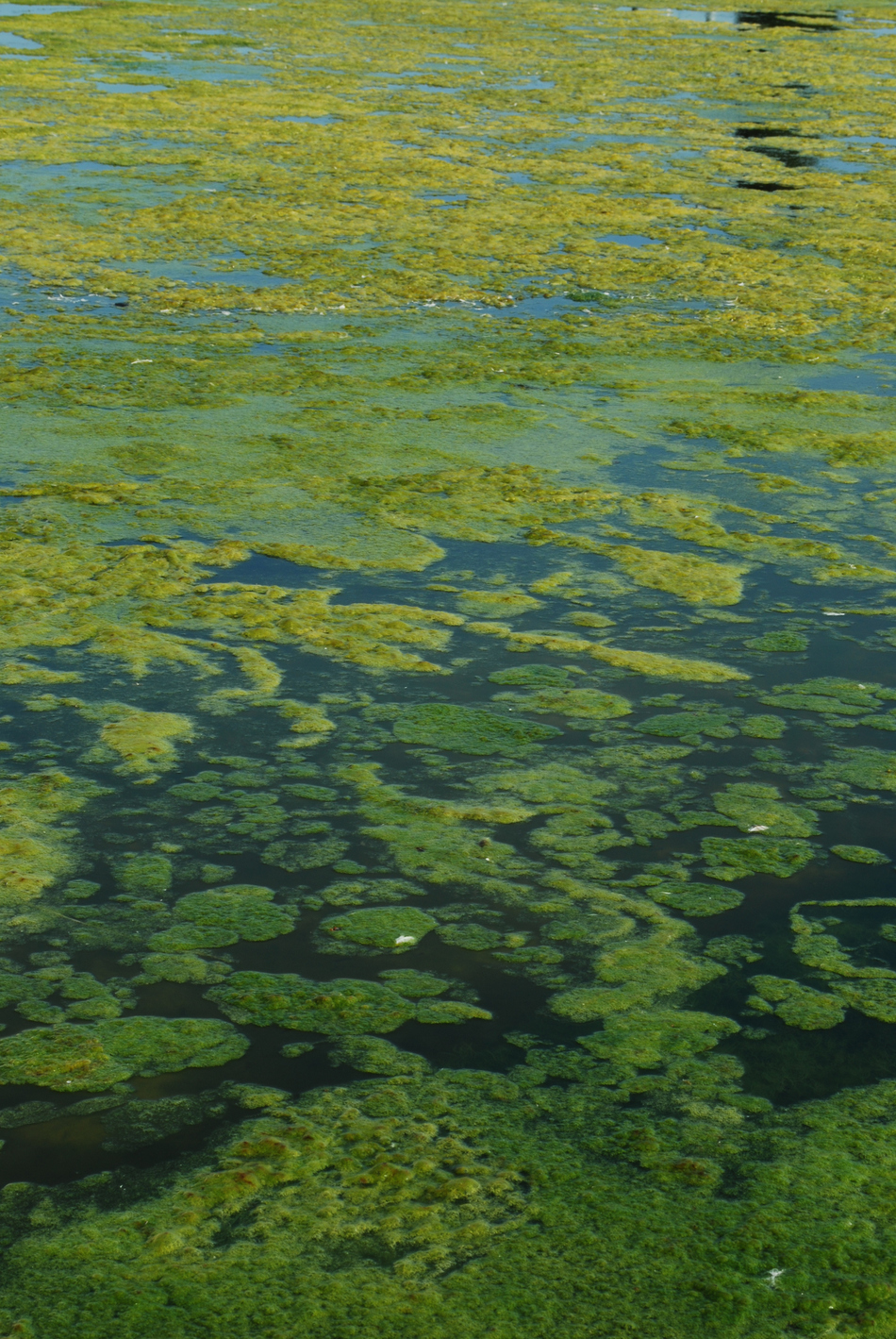Episode Transcript
Announcer: Health tips, medical news, research and more for a happier, healthier life. From University of Utah Health Sciences, this is The Scope.
Interviewer: You may have seen the pictures or heard about the algae bloom at Utah Lake. I've read in a couple of articles that if you were in Utah Lake that you should contact Poison Control so we did. We're going to talk to Barbara Crouch right now, she a director of the Utah Poison Control Center.
Interviewer: What questions are people asking and what are you telling?
Barbara: So I guess the most common call that we've gotten are people that have been recreating in Utah Lake initially and then are concerned because they've heard about the bloom. And so they're concerned about their exposure, whether it's been boating or swimming or kayaking or sailing in there. And so that's probably the most common call to date.
People have complaints of adverse effects. We certainly don't know, at this point, whether they're related or not. But at this point, we have, again, a healthy degree of caution with that. And we do know that from previous information about these toxins that they produce some nonspecific effects. So they're not totally characteristic, which makes this difficult. But most commonly, abdominal pain, vomiting, diarrhea, as well as headache, skin irritation, and eye irritation are the most common complaints that we've heard about to date.
Interviewer: Skin irritation, eye irritation probably because you got water on you. These other ones, do you have to actually have ingested some water to have those or could it just be on the lake and breathing the fumes?
Barbara: It's aerosolized water so it's spraying and you inhale that. Certainly, that's a risk factor.
Interviewer: So that's enough?
Barbara: As well as swallowing it. And also aerosolized, so if you think about the water being used in your sprinkler system that you can inhale those droplets of water and so that is also a significant concern.
Interviewer: What are you telling a caller if they call in if they have some of these nonspecific symptoms that may or may not be related?
Barbara: So we're monitoring those and these are nonspecific symptoms that we can generally manage on site, but we're monitoring those. So if it's diarrhea, we want to make sure that that diarrhea is resolving. And in most situations, it is resolving within a reasonable timeframe. But if it's at all persistent and it's lingering for several days or it's more severe in nature, then we are referring folks to see their doctor for evaluation. And to date, most of the situations, 95% of them, are managed on site and are resolving in a reasonable period of time.
Interviewer: And the same would apply for if you're vomiting as well or a skin irritation? Just kind of keep an eye on it. If it goes away in a couple of days, then you're probably all right. Otherwise, go see your doctor.
Barbara: That's right. And feel free to call the poison center We're there 24 hours a day. When you call the poison center, you're talking to a pharmacist or a nurse with additional training in clinical toxicology. So they're the experts. They're there, it's free, it's confidential. And they'll provide you some guidance immediately on the situation. And then, we're also being able to catalog these and be able to share it with the health department so we can be able to help to describe the extent of this issue, this public health problem in Utah.
Interviewer: So you really want people to call?
Barbara: We do.
Interviewer: Even if they're not completely concerned. Just because it would help gather more information.
Barbara: That's right. Anybody that's been exposed and is concerned, we do welcome their call. And that number is 800-222-1222 and, again, we're there 24 hours a day.
Announcer: You're listening to The Scope, powered by University of Utah Health Sciences. This is The Scope. Find us online at thescoperadio.com.
